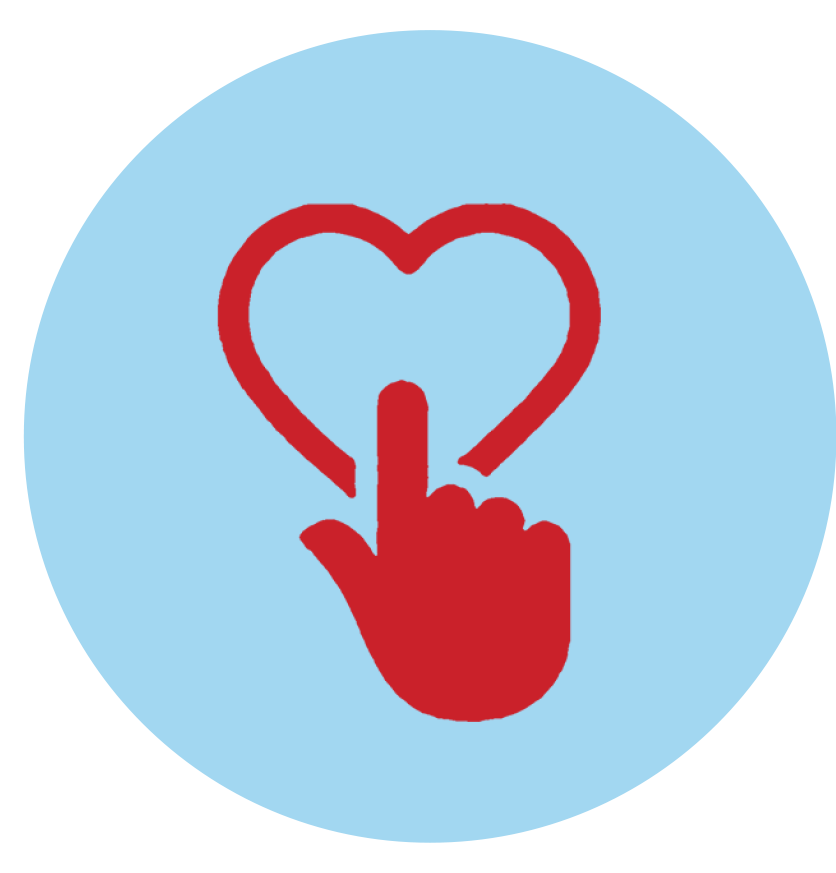

Cholesterol is a soft, waxy, fatty substance made naturally in the body. It helps to form cells, hormones and substances that help us digest food. Cholesterol also occurs in some foods such as meat, cream and butter.
What is "high" cholesterol?
This is when you have too much “bad” cholesterol in your blood. This, in turn, can cause narrowing and blockages of the arteries – the blood vessels that carry blood away from your heart. In time, the narrowing of the arteries to your heart can lead to a heart attack, while blockages to the arteries of your brain can cause a stroke.
Risk factors
High cholesterol can be caused by:
- Your genes: Having a family member who has heart disease or high cholesterol increases your risk.
- Age: The older you are, the greater your risk.
- Gender: Women generally have a lower risk before menopause – which increases after menopause.
- An unhealthy diet: Eating too much fat, fried food and refined carbohydrates such as white bread, cakes and sweets can increase your cholesterol levels.
- Overweight: This tends to raise your total and LDL (“bad”) cholesterol levels.
- Low activity levels: Exercise helps to lower cholesterol levels, and helps to keep your weight in check.
How can you tell you have high cholesterol?
High cholesterol doesn’t usually make you feel sick and many people don’t know they have it. The first time they realise they have high cholesterol may be when they have a heart attack or stroke. The only way to know for sure is to have your cholesterol checked by means of a simple blood test at your doctor, clinic or pharmacy.
Check your cholesterol:
- Every five years if you don’t have any of the risk factors mentioned above.
- At least once a year if you have one or more of these factors.
What should your cholesterol goal be?
Less than 3 mmol per litre – the target low-density lipoprotein (LDL) cholesterol level for everyone. LDL is known as the “bad” form of cholesterol, linked to a build-up of cholesterol in the arteries.
Did you know? There’s also a “good” form of cholesterol, called high-density lipoprotein (HDL) cholesterol. With the right lifestyle changes, this type of cholesterol is boosted.
A cholesterol-healthy diet
Keep your cholesterol in check by eating:
- A variety of food.
- High-fibre starchy foods like seed bread instead of white bread.
- Healthy proteins like chicken, fish, lean meat, eggs.
- Low-fat dairy foods.
- Dried beans, split peas, lentils, soya.
- Five portions of fruit and vegetables every day.
- Less salt and salty foods like stock cubes, soup powders, cured meat, and commercial bread.
- More vegetable oils like olive and canola oil and less hard fat, like butter and margarine.
- Less sugar and sugary foods and drinks.

Healthy hints
- Drink alcohol in moderation: A maximum of one drink per day for women, and two drinks a day for men.
- Stay active. Try to exercise every day.
- Drop a jeans size. Aim to lose 1 – 1.5 kg per week if you’re overweight.
- Kick the habit. If you smoke, stop. Your cholesterol levels and blood pressure will improve almost instantly.
- Don’t hesitate, meditate! Do whatever you need to keep your stress levels in check. This will protect your heart.
- Pop that pill. Take your cholesterol-lowering medication as prescribed.





 Publications
Publications
 Partners
Partners














